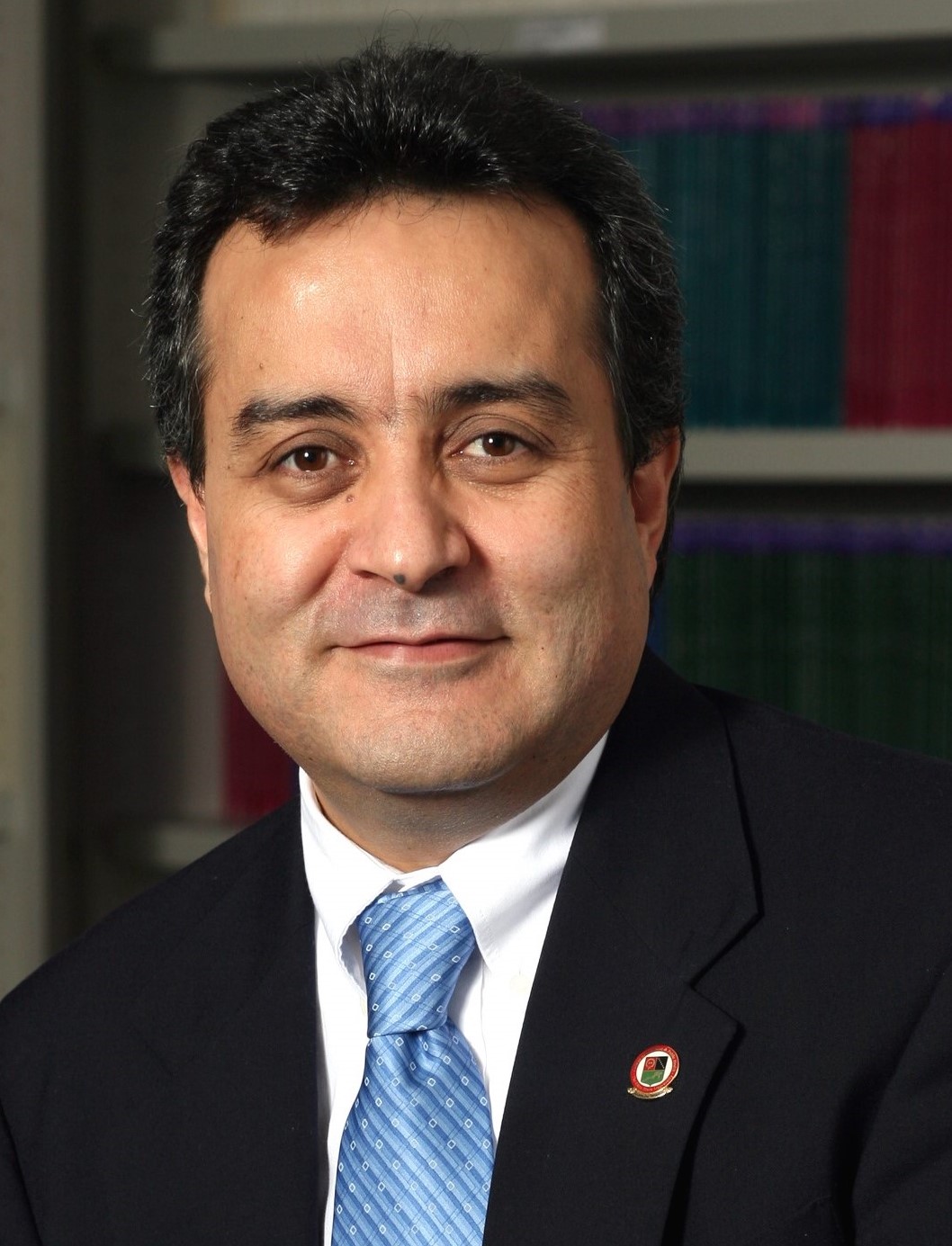Biosketch
Prof. Said Sif earned his MSc at the University of Massachusetts in Boston, and his PhD at Boston University. Next, he conducted his Postdoctoral training at the Massachusetts General Hospital/Dept. of Genetics, Harvard Medical School in Boston before serving as an Assistant in Molecular Biology in the same department. Prof. Said Sif joined the department of Molecular and Cellular Biochemistry at the Ohio State University as an Assistant Professor on a tenure track where he was promoted to Associate Professor with tenure. Prof. Said Sif joined the Department of Biological and Environmental Sciences in the College of Arts and Sciences at Qatar University where he was promoted to full professor.
His research is focused on understanding how alterations in epigenetic modifying enzymes impact growth and proliferation of cancer cells. His research group investigates how defects in expression of the type II protein arginine methyltransferase, PRMT5, trigger genome-wide epigenetic changes that influence global gene expression, which in turn impacts cancer cell growth. More specifically, work in Prof. Said Sif’s laboratory has established PRMT5 as an important epigenetic enzyme and cancer biomarker that can methylate histones H3 and H4 and induce transcriptional silencing of key target genes involved in cell cycle regulation and growth control.
Furthermore, his research team was able to demonstrate for the first time that PRMT5 overexpression can transform immortalized cells through epigenetic silencing of genes with tumor suppressor activity. Recent publications by his group showed detailed mechanisms documenting how aberrant expression of PRMT5 is achieved in B cell lymphoma and triple negative breast cancer cell lines, and the role PRMT5 plays in transcriptional silencing of key target anti-cancer genes. Efforts by Prof. Said Sif and his collaborators have led to development of a novel first-in-class inhibitor (Patent no: 10723698 https://www.freepatentsonline.com/10723698.html) that can specifically inhibit PRMT5 both in vitro and in vivo. Because of Prof. Said Sif’ longstanding interest in understanding mechanisms that trigger cellular transformation and identifying novel molecular targets that can be used to inhibit cancer cell growth, novel gene expression signatures have been identified in his laboratory and are currently being investigated in terms of their potential as therapeutic targets.
https://scholar.google.com/citations?user=MEYQl_oAAAAJ&hl=en
https://orcid.org/0000-0001-6268-1145
